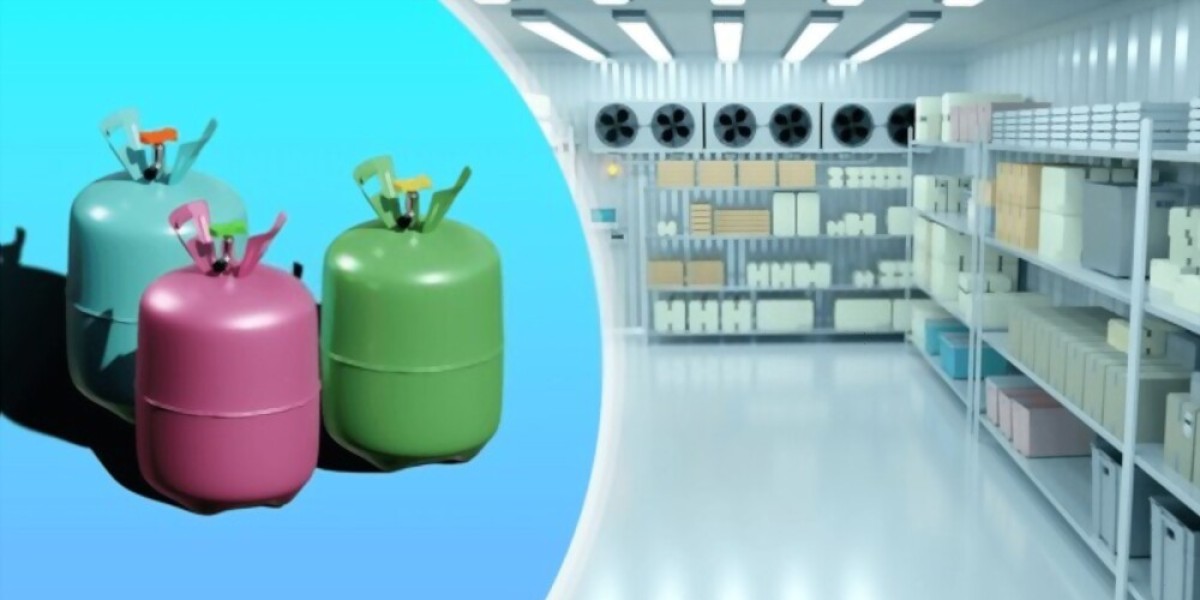The world is becoming increasingly conscious of the environmental impact of human activities. In recent years, this awareness has extended to refrigeration, leading to the development of more eco-friendly alternatives. One such alternative gaining prominence is the R290 refrigerant.
Advantages of R290 Refrigerant
Environmental Friendliness
R290, also known as propane, is a hydrocarbon refrigerant that stands out for its low global warming potential (GWP) and zero ozone depletion potential (ODP). Compared to conventional refrigerants like R22 and R410A, R290 has a significantly lower impact on climate change and contributes to the preservation of the Earth's ozone layer. By adopting R290 refrigerant, we can make substantial progress in reducing greenhouse gas emissions and combating global warming.
Energy Efficiency
R290 refrigerant boasts excellent thermodynamic properties, which enhance the energy efficiency of refrigeration systems. With its superior heat transfer capabilities, R290 enables equipment to operate at lower temperatures and achieve faster cooling cycles. This not only reduces energy consumption but also leads to significant cost savings for consumers. By employing R290 refrigerant, businesses can contribute to a more sustainable future while optimizing their operations.
Safety Aspects
Despite being a hydrocarbon, R290 refrigerant is considered safe for use when handled properly. It has a high ignition temperature and requires a significantly higher concentration in the air to be flammable compared to other hydrocarbon gases. In addition, R290 has no harmful effects on human health, making it a viable alternative for refrigeration systems in various applications, including domestic, commercial, and industrial sectors.
Challenges of R290 Refrigerant
Flammability Concerns
As a hydrocarbon, R290 refrigerant is flammable, posing a potential risk if not handled carefully. To ensure safety, manufacturers and technicians need to follow strict guidelines and safety protocols during the installation, maintenance, and repair of equipment that uses R290. Adequate training and awareness are crucial to mitigate any potential hazards associated with the flammability of R290.
Regulatory and Standardization Issues
While R290 refrigerant offers numerous advantages, its widespread adoption faces regulatory challenges and standardization issues. Some countries have strict regulations governing the use of flammable refrigerants, limiting the market penetration of R290. Harmonizing regulations across nations and establishing universally accepted safety standards can facilitate the wider acceptance of R290 refrigerant as a viable and sustainable option.
Limited Availability and Service Infrastructure
Another challenge in the widespread adoption of R290 refrigerant is the limited availability and service infrastructure. The existing supply chain for refrigerants may need to be revamped to accommodate the production, distribution, and servicing requirements of R290. Additionally, technicians and professionals need to be trained adequately to handle R290-based systems effectively. Collaborative efforts among manufacturers, suppliers, and service providers can help address these challenges and promote the wider usage of R290 refrigerant.
Conclusion
R290 refrigerant presents a promising solution to reduce the environmental impact of refrigeration systems, offering several advantages such as environmental friendliness, energy efficiency, and safety. However, challenges related to flammability concerns, regulatory frameworks, and infrastructure limitations need to be overcome for its widespread adoption. By addressing these challenges through industry collaboration and advancements in safety standards, R290 refrigerant can pave the way for a greener and more sustainable future in the cooling industry.
As we embrace the potential of R290 refrigerant, we must remember that sustainability is a collective responsibility. By choosing eco-friendly alternatives like R290, we take a step towards mitigating climate change and preserving the planet for future generations.



